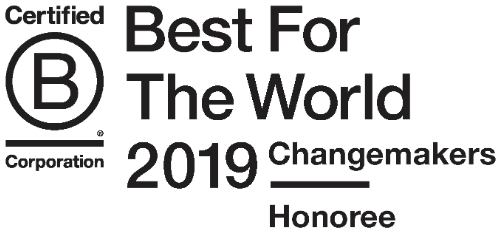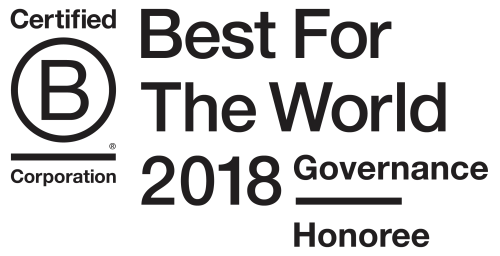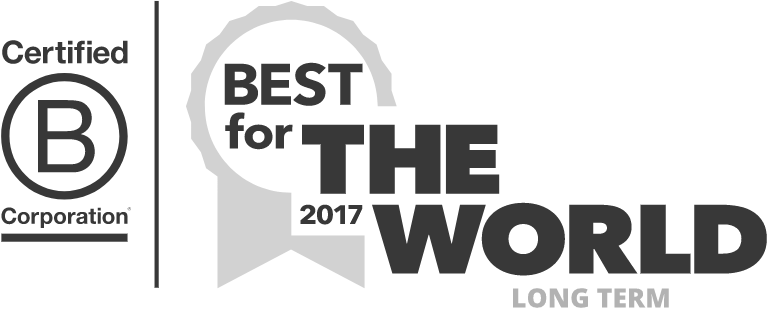I spent many nights behind bars at some of South Beachs hottest nightclubs in the early 90s. At every place we prominently displayed the 5 or 6 beers we carried as convenience to customers and bartenders who slammed out drinks as quickly as they could make them. It drove me crazy when someone asked: what beers do you have? A few times Im sure I said what I really wanted to - just imagine for yourself. You dont have to get too creative.
Unlike the restaurant biz, in high volume clubs the customer is not always right. He is drunk or wanting to get drunk, someone is standing right next to him with money in his pocket too, and dozens of people are out front. Most of the time I pointed at the beer bottle display and walked away to serve someone else. Ive always been a fan of non-verbal communication.
 But I just might also one-too-many colodas muy rapido riff: BudBudLightAmstelLightHienekenBecksCorona (look this was pre-handcrafted, micro reality).
But I just might also one-too-many colodas muy rapido riff: BudBudLightAmstelLightHienekenBecksCorona (look this was pre-handcrafted, micro reality).
Drinks in plastic cups. Beers in bottles. No blenders. High-efficiency. Indisputable agile drink serving development.
Way too often a clueless customer would ask: Do you have a Dos Equis (Michelob, Miller Lite, whatever)? In those instances I rarely held back - remember, the bar is four deep and theres a crowd gathered outside around the velvet ropes just wishing they could pay a ridiculous cover and get inside: Are you fucking stupid? You just asked me what I have. I told you. Did you hear me say Dos Equis? And I would definitely walk away to serve somebody else.
For all of you who are thinking about walking into a creative technology company and asking: Can You Build Me an App (or at a high-volume nightclub wanting a drink), please remember this story. Of course dojo4 (or any competent creative technology shop) can build you an app. The more important questions are: Who are you? What are you building and why? Whats your budget? Do we care?
Do we care is probably the most important question today. Weve long passed the great app store gold rush. We have infinite angry birds, communication tools, news sources, social distractions, etc. to choose from. Techstars even funded Drizly - a company with an app that solves the liquor delivery problem. Yeah, brah!
Greenpeace approached dojo4 last spring to help rebuild the back-end and improve their Click Clean Scorecard app (browser extension) before release. The Click Clean Scorecard helps you find out which of the companies behind the worlds most popular websites are leading the way or falling behind in the race to build a greener online. The browser extension gives you an energy score on the sites you visit. You can download the app here.
dojo4 founding partner and CTO, Ara Howard, has spoken extensively about the relative power of coders and the importance of doing shit that matters. In his powerful 2015 Kiev Ruby conference presentation Program Like You Give a Damn (transcript available here), Ara challenges the fundamental notion of coding.
The thing thats wrong with a whole lot of the startup community and the development community by side effect is that people have forgotten that the fundamental criteria for having a successful business and engineering a solution is having a real problem. Right? You actually need a problem to solve in order to write code that has an impact. And the whole point of this talk, again, is just to encourage the people on the ground you, the troops that this is possible.
Energy use is a real problem. dojo 4 engineers just updated the Click Clean Scorecard for release in Korean. The technological problem in updating the Chrome extension wasnt necessarily significant or deeply challenging, but the time was well spent because it helps solve the most important question were grappling with here: do we care?
And, yes, we care. Greenpeaces recognition of the importance of technology, technology companies, knowledge as power in transformation and more conscious consumerism not only helps move the conversation on global energy issues, it deeply aligns with the dojo4 imperative to do shit that matters.
The Click Clean Scorecard: Key Findings & Scores Explained, an initial report recently released based on information gleaned from the browser extension, comes to the following important four conclusions on technology companies energy use:
- Green streaming will be crucial
- Amazon Web Services is holding many of our favorite sites hostage to dirty energy
- Transparency about our favorite online brands energy use is sorely lacking
- Cloud and colocation customers can play a key role as renewable energy champions
Reforming our energy use and our impact on climate change are moral imperatives. Understanding our impact and aligning our business model and who we are as people raise even deeper questions about energyuse - i.e. how we use our personal energy. What are we willing to change? What do we spend time on? What will we get paid for?
These questions loom even more definitively as politicians, scientists and world leaders are about to convene in Paris for the Climate Change Summit and in light of the tragedy there this weekend. Bear with me and get the connection. The one to the Climate Change Summit is easier, I think, but it points to the other.
The beautiful subtext of what Greenpeaces Click Clean Scorecard asks is how our online habits directly support dirty energy choices. But it also points to something deeper, I believe. That is: the conversation around climate change seems to consistently be driven by externalities - coal plants, electric cars, solar panels, melting ice, heat, extreme weather patterns, data, papers, companies.
Our energy choice - not just the URLs we visit or waste time on or love - but our actual internal energy systems, what we value and how we act, how our intention matches our reality must become a part of the conversation for change. No differently than how dojo4 is committed to earning an income with its creative coding by rigorously aligning our values with the work we will do.
Similarly, its pretty easy to point at radical Islam or some other externalized bogeyman in this weekends tragedy. A more important conversation - whether its climate change and energy use or terrorism - is whats happening in my energy system - the way I live in the world - that contributes to the problem or the solution.
The world I am living in is my reflection.
So before you walk into dojo4 and ask: can you build me an app?, before you ask a bartender at a busy nightclub what beer they serve, before you blame, look around, think, self-assess. Does it look like we serve Dos Equis?
Everyone at dojo4 is sending our love, compassion and kindness to all the victims of this weekends tragedy, anyone living in pain, and anyone whos feeling so victimized by his existence that he feels like violence toward others is part of the solution.
 Tweet
Tweet









